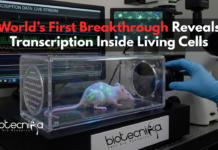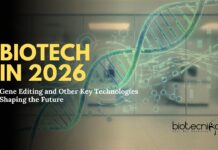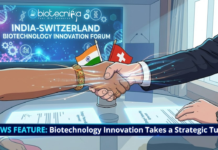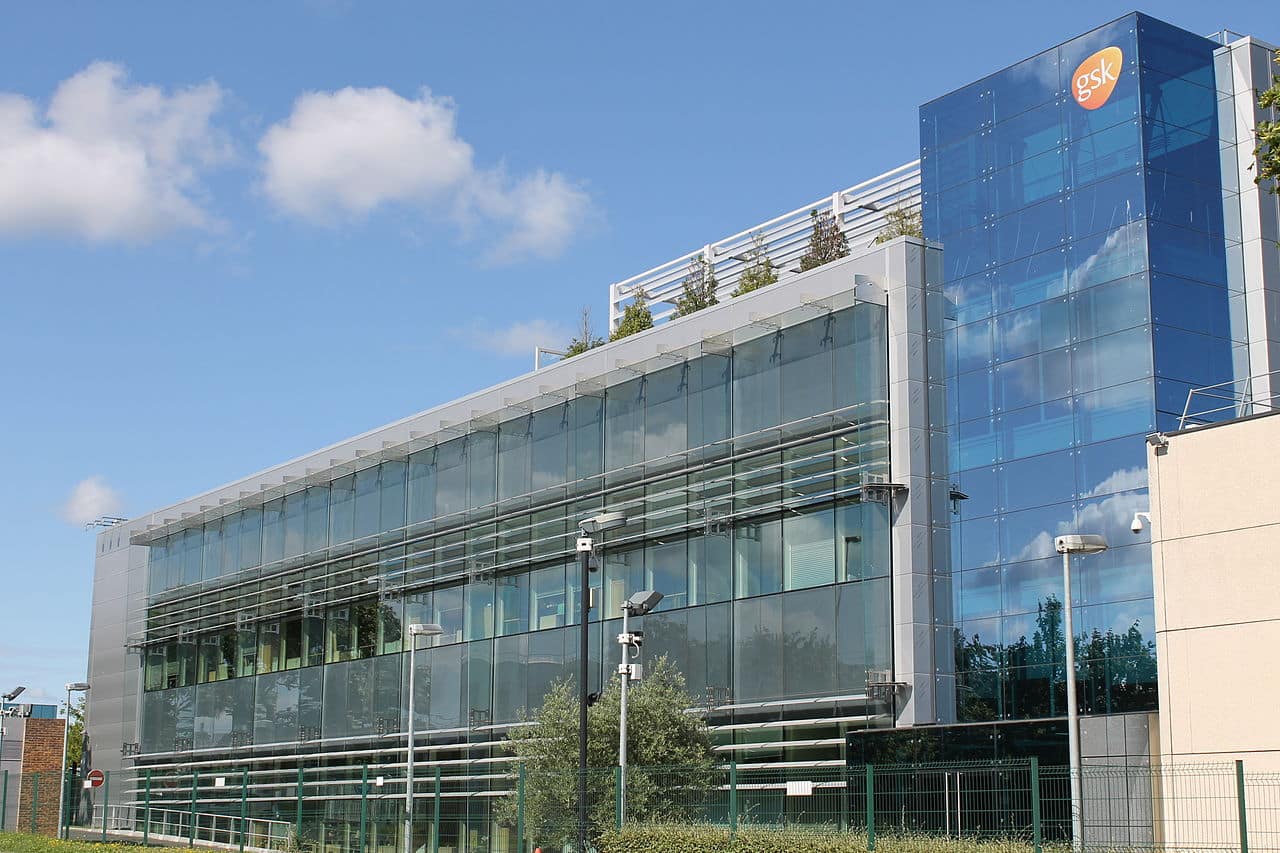GSK’s €594,000 Gene Therapy for “Bubble Baby” Syndrome
Amidst the many expensive drugs out in the market, GSK’s Strives surely stands out. Priced at a whopping €594,000, GSK has been offering a money-back guarantee and payment through installments options for its “Bubble Baby” syndrome gene therapy, yet many believed selling it would be difficult.
But now, the therapy has won the backing of the often stingy U.K. cost watchdogs to treat a rare disease called ADA-SCID, or “bubble boy” syndrome with a “cost that provides value for money in the context of a highly specialized service,” tag.
Three babies are born each year with an immune deficiency condition which leaves them at constant risk of developing life-threatening infections. If left untreated, infants need to be kept isolated from the outside world, which is why the condition is known as “bubble baby syndrome” and usually die before school age. Quality of life is affected by the developmental delay, chronic diarrhea, failure to thrive and recurrent infections.
The current treatment for the condition is a stem cell transplant, which can restore the immune system if successful. However, closely matched stem cell donors are hard to find, and transplants can fail, and carry a risk of death or complications.
Gene therapy is designed to deliver a one-off cure for the patient, and drug-makers are typically asking a hefty price that is comparable to the combined costs of alternative life-long treatment. The Strimvelis therapy is so specialized that it is only offered by one hospital, which is in Italy.
“Strives represents an important development in the treatment of ADA-SCID, offering the potential to cure the immune aspects of the condition and avoid some of the disadvantages of current treatments,” Nice said.
“Costing €594,000 [£530,000], the treatment is usually given once only and the effects are thought to be life-long,” it added. It said that the treatment would give children a better chance of being able to live a more normal life, going to school and mixing with friends without fear of a life-threatening infection.
Professor Carole Longson, director of the center for health technology assessment at Nice, said: “Strives represents an important development in the treatment of ADA-SCID, offering the potential to cure the immune aspects of the condition and avoid some of the disadvantages of current treatments. This means that children born with ADA-SCID will now have a better chance of being able to lead as near normal a life as possible, going to school, mixing with friends, free from the constant threat of getting a potentially life-threatening infection.”
“Our evaluation of Strimvelis is the first time that NICE has applied the higher cost-effectiveness limits introduced earlier this year for the assessment of treatments for these extremely rare conditions.”























